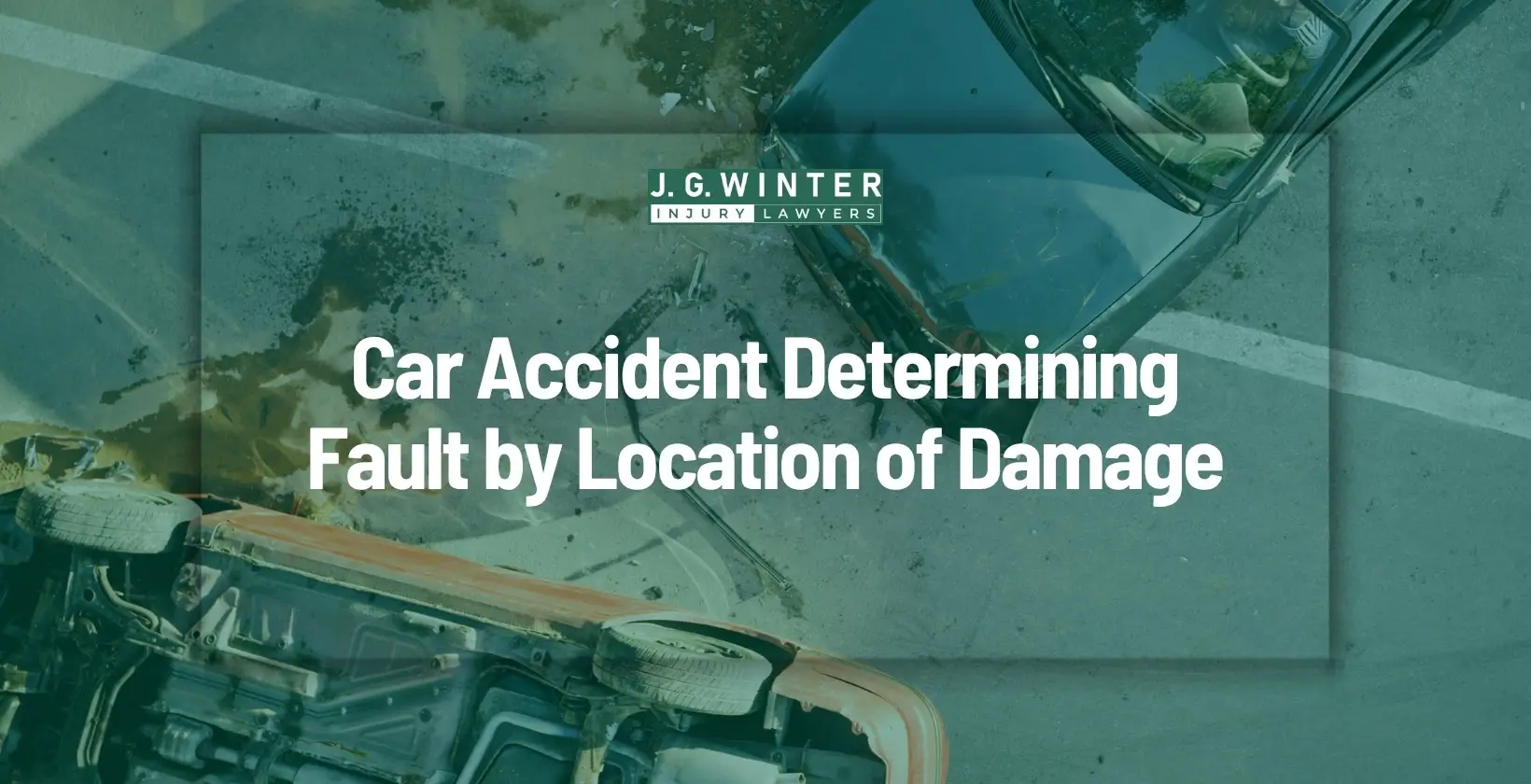Whiplash is a common injury that many people experience after an auto accident. For some time, studies have pointed to whiplash as a significant cause of harm to the brain’s cervical spine. Research also now indicates whiplash as a major contributing factor to traumatic brain injury (TBI).
Accident victims may suffer a brain injury even if they never directly hit their head. If a person’s brain becomes compressed or warped inside the skull during a collision, it sustains electrochemical disruption with the ability to potentially cause extensive impairment.
What Are the Long-Term Effects of Whiplash?
If you’ve suffered a severe whiplash injury after an accident, you may experience symptoms related to TBI, including:
- Dizziness
- Headaches
- Neck pain
- Fatigue
- Weakness
- Numbness and tingling in the arms
In rarer cases, accident victims who suffer brain damage feel weakness in their legs, ankles, and feet.
Cognitive Symptoms of Severe Whiplash
Accident victims with severe whiplash may have cognitive impairment and experience short attention spans with difficulty focusing on multitasking, and memory. They may also encounter a diminished capacity to process information. Additional mental symptoms that injured accident victims may notice include:
- Reduced reaction time
- Heightened sensitivity to sound
- Psychosocial issues
- Scattered or disorganized communication abilities
- Diminished or lowered IQ
These cognitive symptoms are all potential effects that may occur from a mild or traumatic brain injury, which can arise from a severe whiplash injury.
Are Brain Injuries Common in California?
Research is currently considering the connection between whiplash and brain injuries. According to one study published in the journal Brain Injury, after examining the MRI images of 1,200 neck pain patients, brain injuries appeared in 23% of the cases studied.
Vehicle-related accidents make up the third most frequent overall cause of TBI, according to the Centers for Disease Control and Prevention (CDC). Car crashes make up more than 40 percent of mild traumatic brain injuries. However, there is a broad spectrum of seriousness when detecting a TBI. Symptoms often vary from mild to very severe.
Even minor collisions may result in a whiplash concussion or TBI with the potential to cause grievous long-term health conditions. For individuals aged 15 to 24 years, car accidents are the most probable cause of TBI.
Brain Injury Signs May Not Appear Right Away
The effects of a mild or traumatic brain injury typically don’t appear until 24 hours have passed after the accident. After a car crash, most people seek immediate medical treatment for their injuries. Unfortunately, physicians may misdiagnose a brain injury because of the delay in symptoms. Due to this, anyone who experiences ongoing headaches, inability to focus, or any of the previously mentioned symptoms 24 hours after their accident should ask for a re-evaluation from their physician or local medical facility.
What Are Prevalent Causes of Whiplash Injury?
When a person’s body experiences the sudden impact of a car accident, their head often jerks forward and back during the full force of the crash. This unnatural jerking motion of the head can cause the fragile tissues in the neck and back to tear—an injury known as whiplash. While whiplash injuries frequently occur to car crash victims in a rear-end collision, whiplash can result from many other car accident circumstances.
Other causes of whiplash injury in California include:
- Falls
- Sports-related injuries
- Physical attacks, including shaking a child
- Battery or other domestically violent incidents
- Horseback riding accidents
- Motorcycle and bicycle crashes
- Theme park ride injuries
- Blows to body or neck with a heavy object
The critical element to understand is that whiplash, concussions, and traumatic brain injuries do not necessarily involve a violent jolt to the head. A TBI can happen after an accident where the head jerks abruptly in any direction.
What Damages May Be Available in a Lawsuit for Lasting Effects of Whiplash?
Severe accidents that result in whiplash injuries and inflict long-term adverse effects may also lead to complicated legal matters. An injury lawsuit may often be necessary to reimburse a victim for damages and losses caused by a person’s carelessness or recklessness.
Depending on the facts surrounding the accident, damages may include:
- Costs for medical treatment
- Costs for rehabilitation and physical therapy
- Costs of prescribed medications
- Loss of wages and loss of earning capacity
- Legal fees associated with the injury lawsuit
At the Law Offices of JG Winter, we handle mild and traumatic brain injury claims to support our clients in California by fighting for full and favorable repayment for their losses and injuries. If you or a loved one experienced severe whiplash that led to a brain injury or other negative consequences, please call the Law Offices of JG Winter to learn your legal options and how we can help.
Get in Touch with a Skilled California Brain Injury Attorney
If you have suffered long-term difficulties resulting from a whiplash injury, or if a doctor overlooked your injury with an inaccurate diagnosis in California, contact the Law Offices of JG Winter as soon as possible.
With over 30 years of experience helping injured victims secure the compensation they need after being wronged, you can be confident we will hold those responsible for your losses accountable. To speak with a seasoned Sacramento brain injury attorney with experience in brain injury cases, schedule a free consultation by completing a contact form or calling 844-734-2626.




